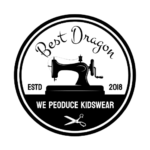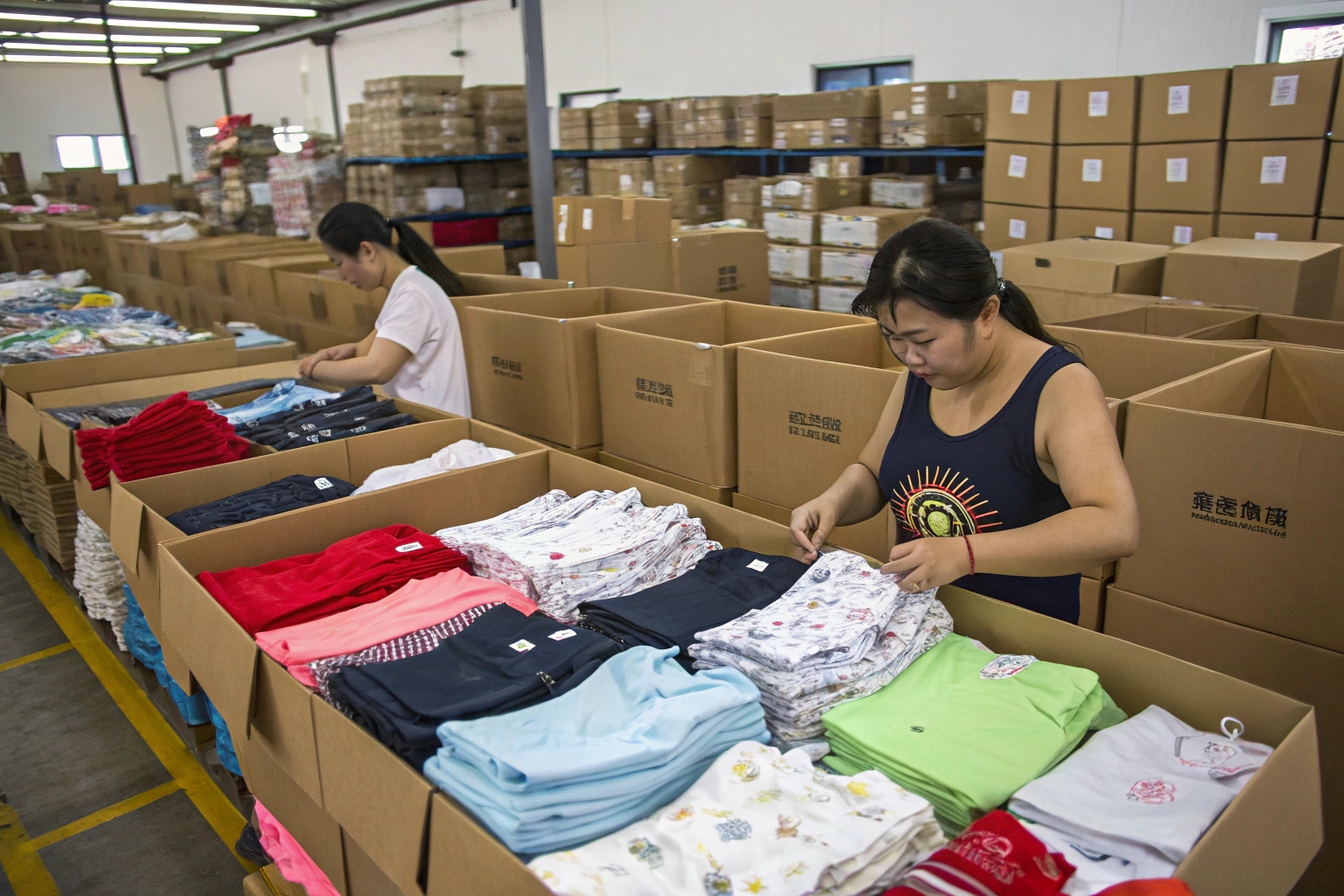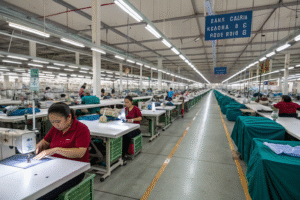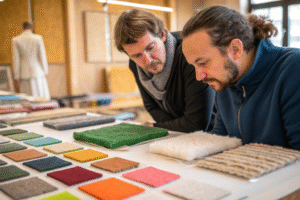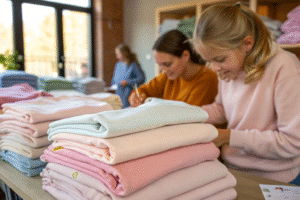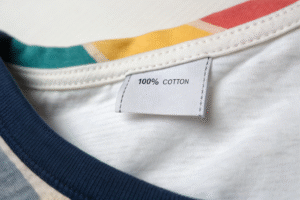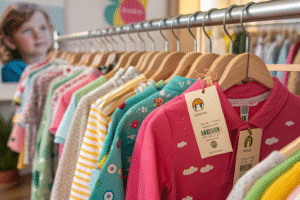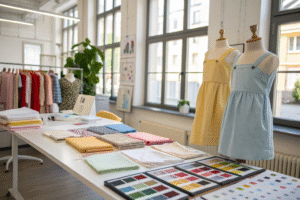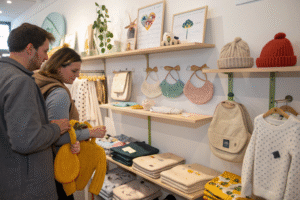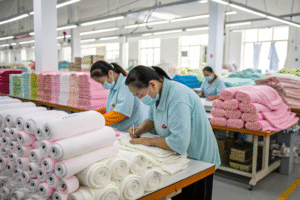Looking to stock up on kids’ apparel for your U.S. brand or store? You’re not alone.
Wholesale children’s clothing in the USA is in high demand due to rising ecommerce stores, boutique buyers, and importers looking for competitive suppliers.
Here’s how to find the right products, attract U.S. customers, and meet import requirements without costly mistakes.
What long-tail keywords help attract U.S. wholesale buyers?
Ranking for “kids clothes” won’t get you very far today.
To attract high-volume U.S. wholesale buyers, use long-tail keywords like “bulk baby clothes USA supplier,” “children’s clothing wholesale with fast shipping,” or “low MOQ kidswear manufacturer USA.”
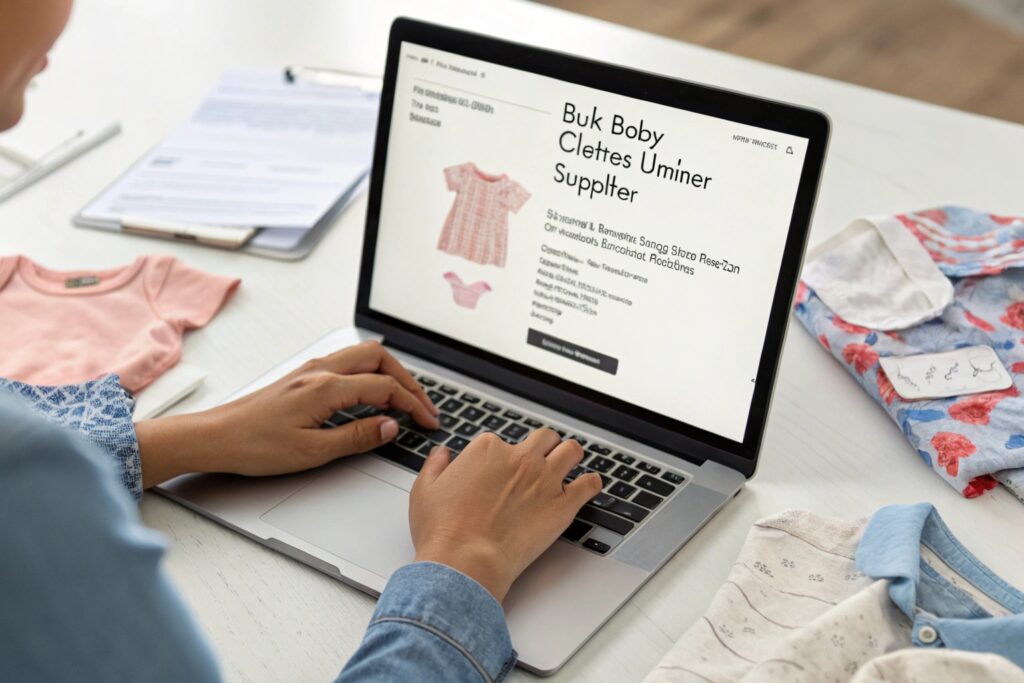
Why are long-tail keywords more effective than broad terms?
Long-tail keywords target buyer intent. They attract smaller, more qualified audiences—like boutique owners, Amazon sellers, or U.S. distributors—who are ready to place orders.
Here are common long-tail keywords I’ve seen drive consistent traffic:
| Long-Tail Keyword | Buyer Type |
|---|---|
| “wholesale baby clothes USA no MOQ” | Small resellers, Shopify stores |
| “organic kids clothing supplier USA” | Eco-friendly boutique brands |
| “bulk toddler clothes dropshipping USA” | Online retailers |
| “USA warehouse kidswear distributor” | Amazon FBA sellers |
| “custom label kids clothes wholesale” | Private label startups |
How do I use these effectively?
- Include them in your page titles, like: “Organic Babywear – Wholesale USA”
- Add them to product descriptions: “This style is ideal for U.S. boutique resellers.”
- Create FAQ sections answering specific queries (“Do you ship wholesale baby clothes to the USA?”)
This search-focused approach brings in real buyers, not just casual browsers.
Why do U.S. children’s clothing buyers prefer local or U.S.-ready wholesale suppliers?
Speed, compliance, and risk reduction—that’s why.
U.S. buyers prefer wholesale suppliers with U.S. shipping options, fast sample handling, and safety-tested materials that meet CPSIA regulations.
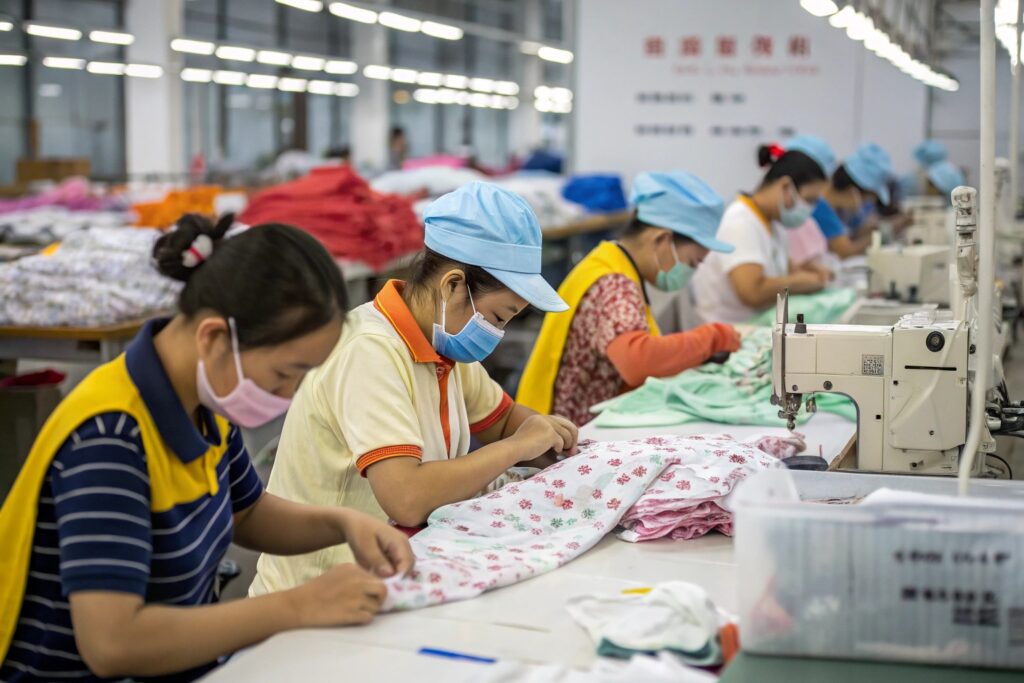
What do U.S.-based buyers value in a kidswear supplier?
After working with American buyers for years, I’ve learned they ask:
- “Do you ship directly to the U.S. with duties included?”
- “Is your clothing CPSIA certified and lead-safe?”
- “How fast can I get a sample?”
- “Can I put my label on it?”
- “Can I buy in small quantities and reorder fast?”
Here’s a snapshot of what matters most:
| Concern | U.S. Buyer Expectation |
|---|---|
| Safety Certifications | CPSIA, lead test, no phthalates |
| Delivery Options | DDP shipping, 7–15 day delivery window |
| MOQ Flexibility | 100–300 pcs per style |
| Branding | Custom neck labels, tags, packaging |
| Speed | Samples in 3–5 days, bulk in 15–25 days |
How can a supplier meet these expectations?
- Pre-test all fabrics for CPSIA compliance
- Partner with U.S.-based warehouses or 3PLs
- Provide bilingual support and PDF spec sheets
- Offer digital catalogs with U.S. sizing options
- Allow mix-and-match minimums across age groups
U.S. buyers want assurance—clear timelines, no hidden fees, and consistent sizing. At Fumao, we build long-term partnerships by offering transparency and fast response.
How to import children’s clothing to USA?
Many new sellers worry about customs. The process seems complex—but it doesn’t have to be.
To import children’s clothing to the USA, ensure your products meet CPSIA safety standards, include proper labeling, and work with a DDP-capable supplier for smooth customs clearance.
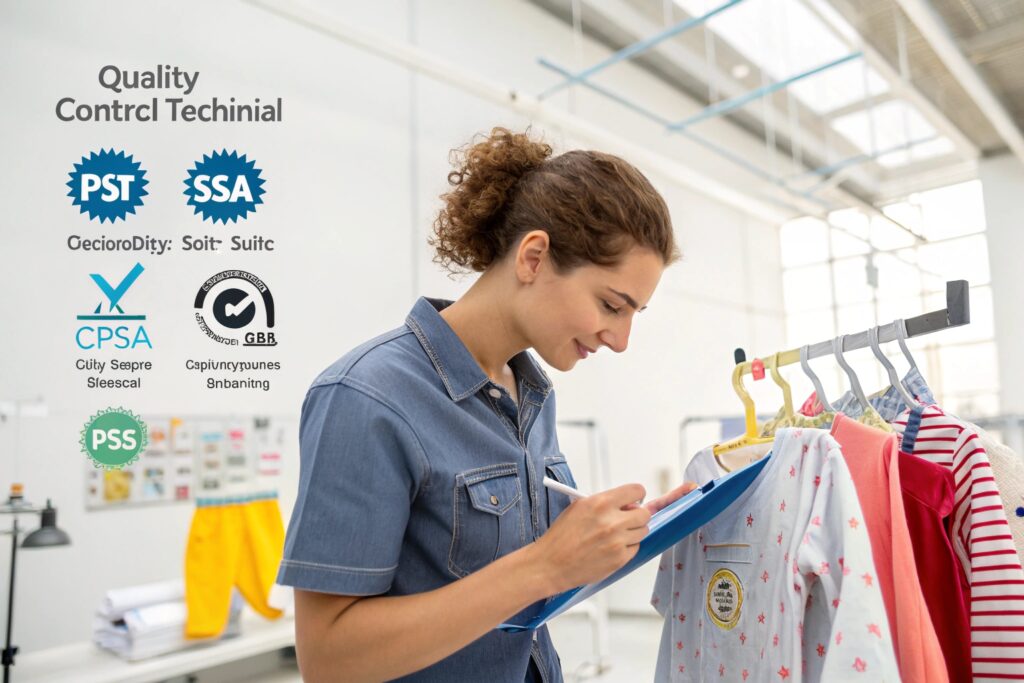
What regulations apply to kids’ clothing entering the U.S.?
The U.S. Consumer Product Safety Commission (CPSC) regulates children’s products. For clothing, your products must:
- Pass CPSIA (Consumer Product Safety Improvement Act) requirements
- Be tested for lead content, phthalates, and flammability
- Include permanent tracking labels inside the garment
- Provide a Children’s Product Certificate (CPC)
Here’s what your manufacturer should provide:
| Document/Label | Purpose |
|---|---|
| CPSIA Test Report | Shows lab-tested compliance |
| Children’s Product Certificate (CPC) | Legal import requirement |
| Tracking Label | Indicates batch/factory info |
| Country of Origin Label | “Made in China,” “Made in India,” etc. |
| Fiber Content Label | “100% Cotton,” etc. |
What shipping terms are best?
Use DDP (Delivered Duty Paid) when possible. That way, your supplier handles:
- Freight
- Customs duties
- Clearance paperwork
- Delivery to your address or U.S. warehouse
With DDP, you don’t have to hire a customs broker or pay surprise fees. At Fumao, most of our U.S. clients choose DDP—it’s faster and safer for first-timers.
What platforms are best to buy or sell wholesale kidswear in the U.S.?
You want the right platform to source or move bulk inventory—fast and at scale.
For buying, U.S. wholesalers use platforms like Faire, Tundra, and direct factory sites. For selling, Shopify, Amazon, and boutique B2B networks work best.
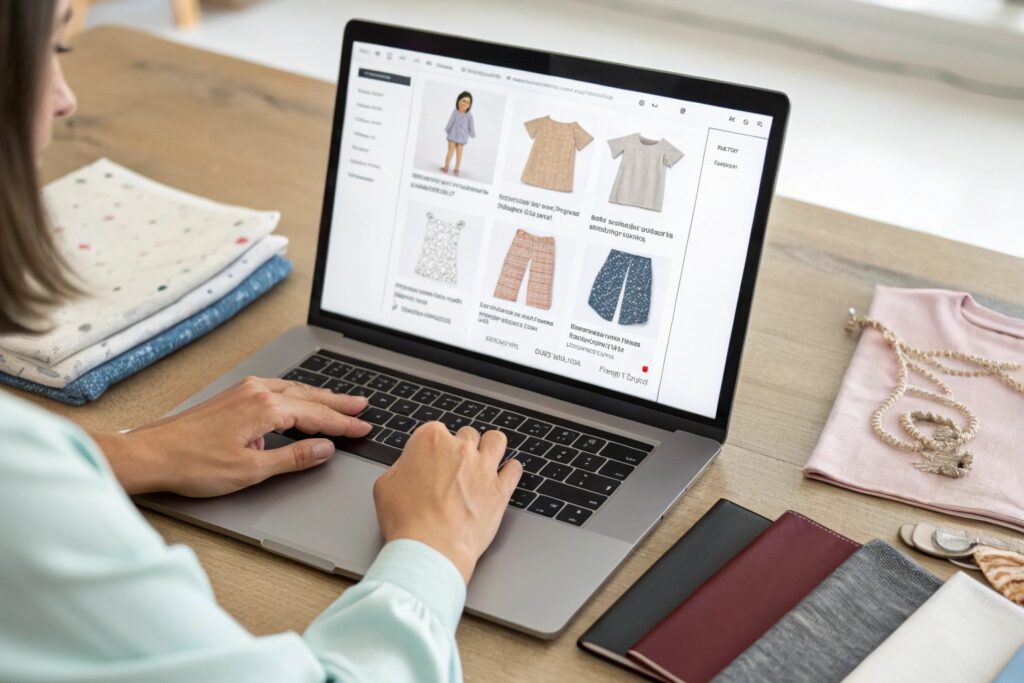
Where do U.S. brands buy wholesale kidswear?
Here’s what I’ve seen from my buyer network:
| Platform | Best For |
|---|---|
| Faire | Boutique owners sourcing trendy lines |
| Tundra | Zero commission U.S. wholesale deals |
| Alibaba USA | Global sourcing, often with high MOQ |
| FashionGo | Trend-driven U.S. apparel wholesalers |
| Private Factory Sites | Custom, direct sourcing |
Buyers prefer platforms where:
- MOQ is transparent
- Product images are clear
- U.S. shipping or DDP options exist
- There are payment protections or trade assurance
Where should you sell if you’re a U.S. children’s brand?
To reach U.S. retail or wholesale customers, consider:
- Shopify for direct-to-consumer + B2B hybrid
- Faire seller accounts for boutique retail reach
- Amazon for high-volume resellable basics
- Instagram for trend drops and community building
If you manufacture your own line, use Shopify + Faire together. Add B2B pricing and order minimums with apps like Wholesale Club or Bold.
Conclusion
Selling wholesale children’s clothing in the U.S. means more than just cute designs. Safety, logistics, search trends, and smart platforms decide your success. Choose partners and keywords wisely—and build your brand on trust and transparency.
